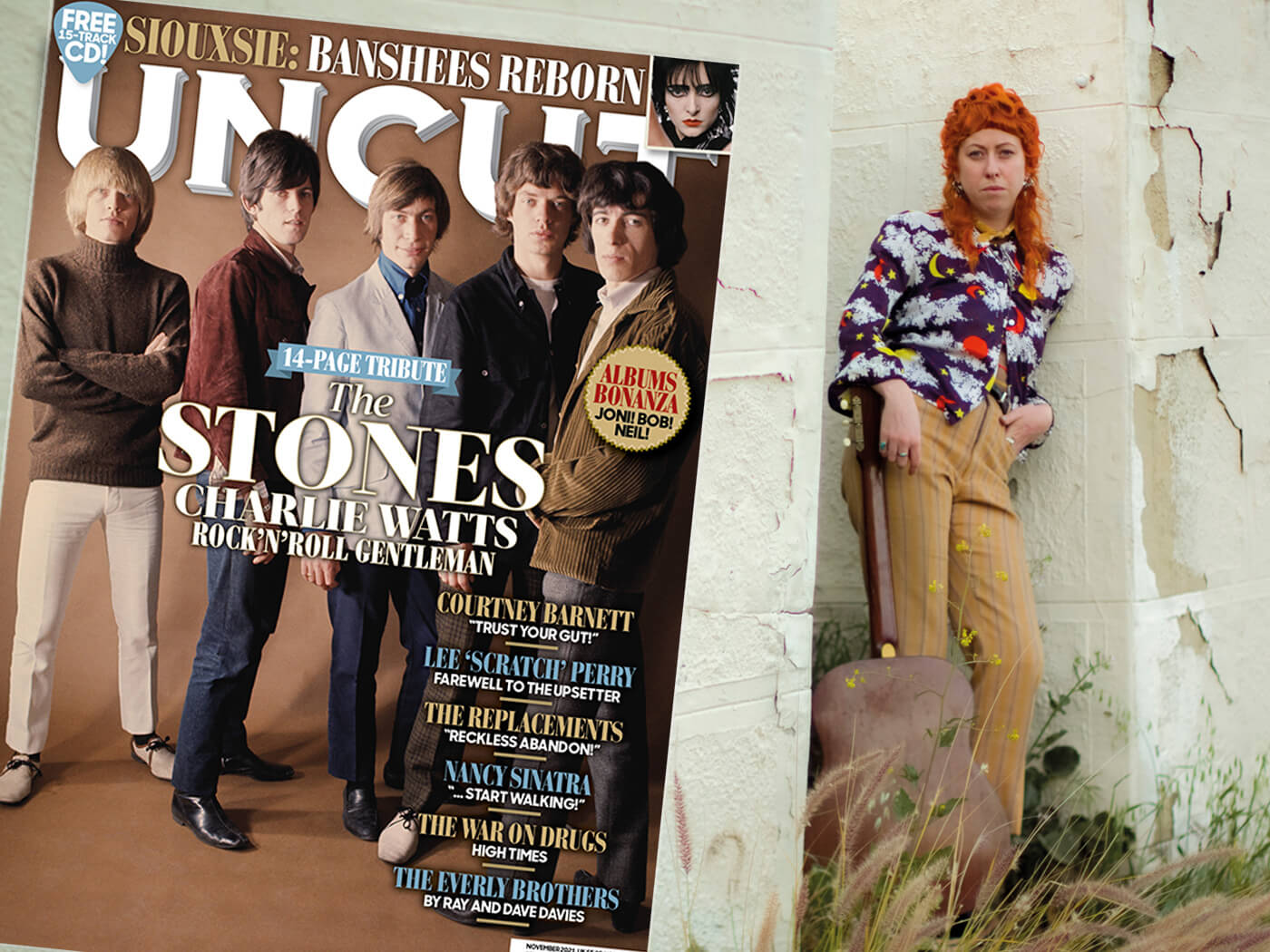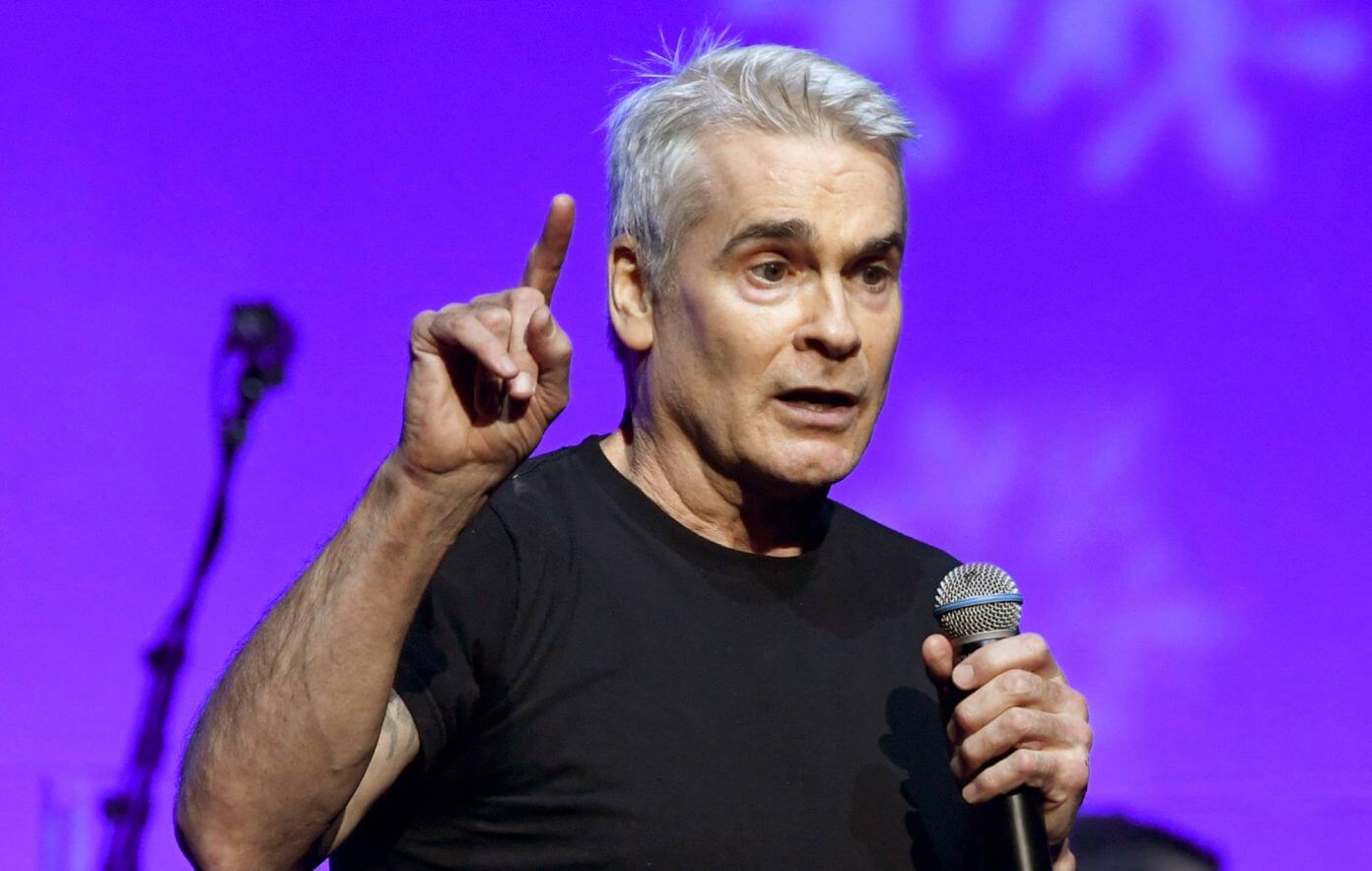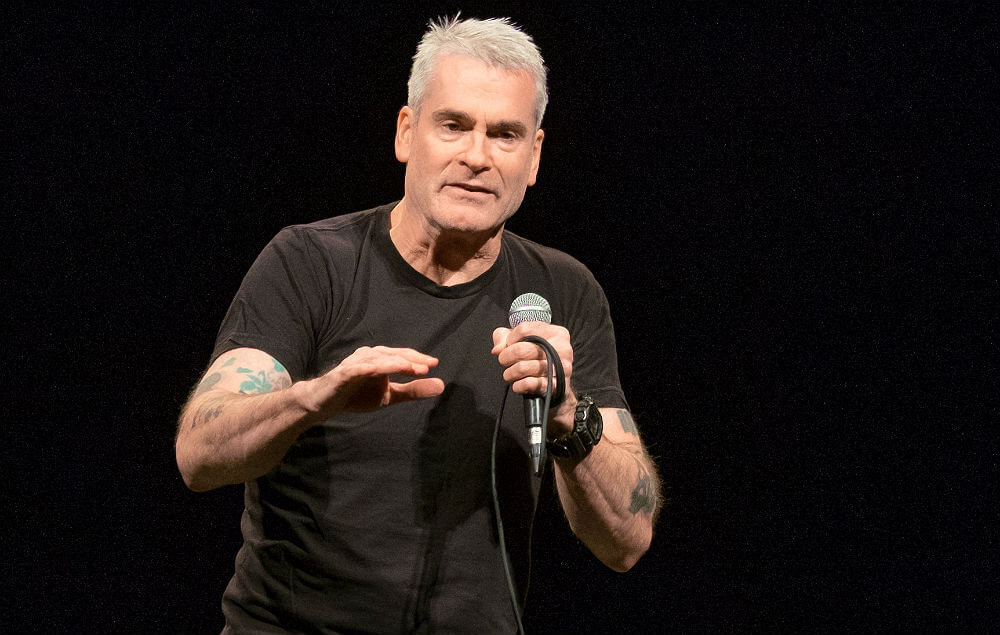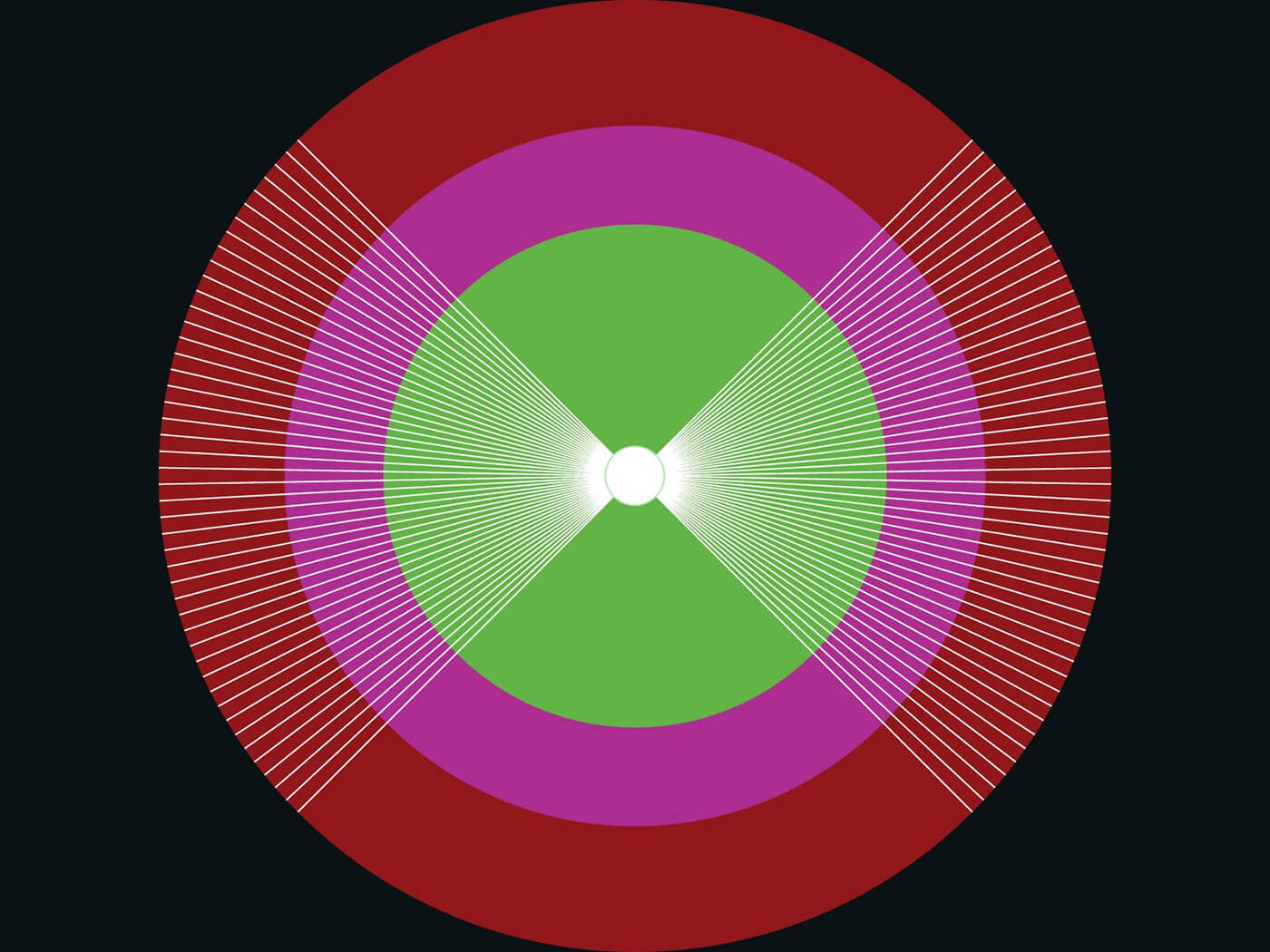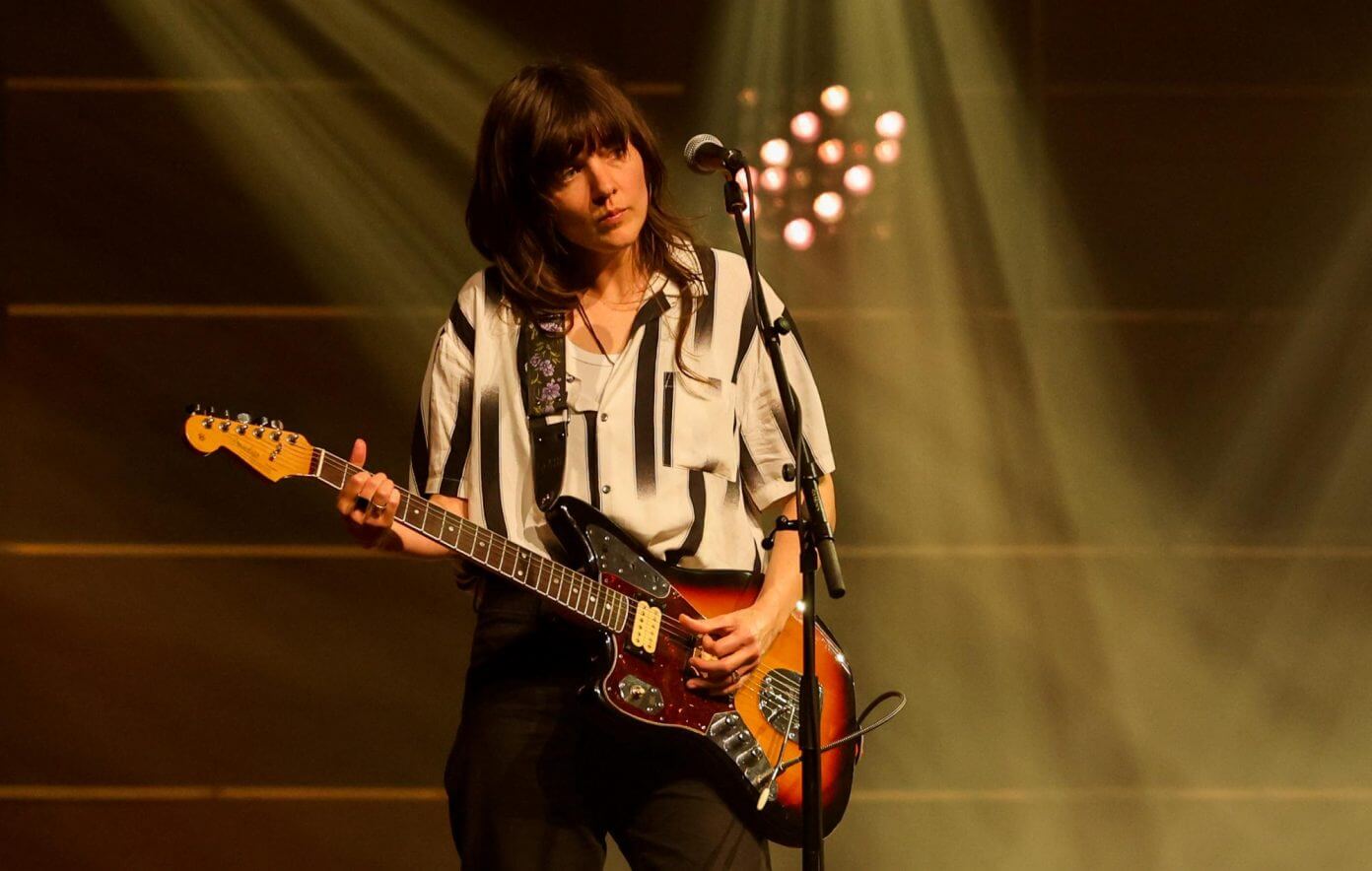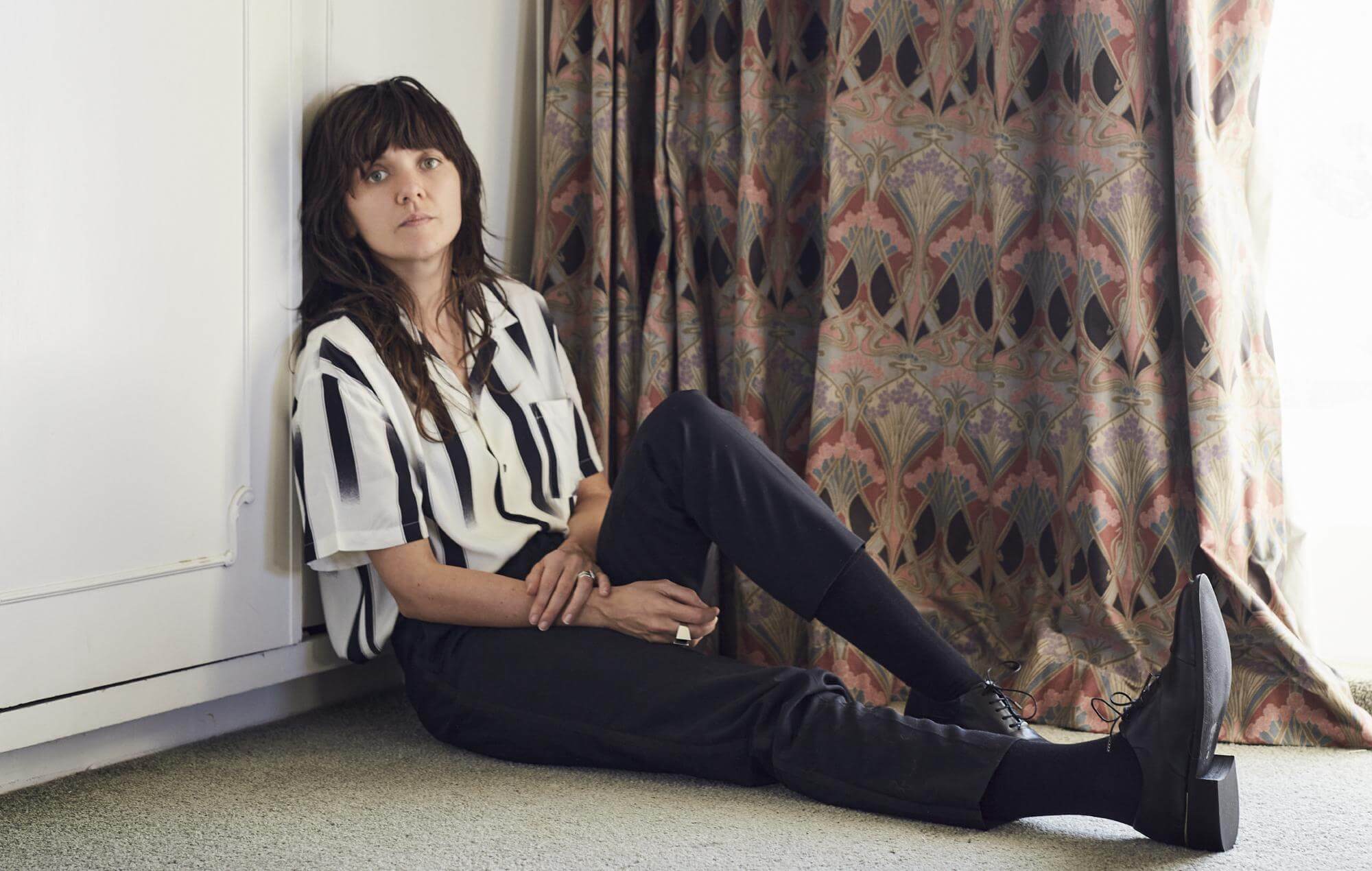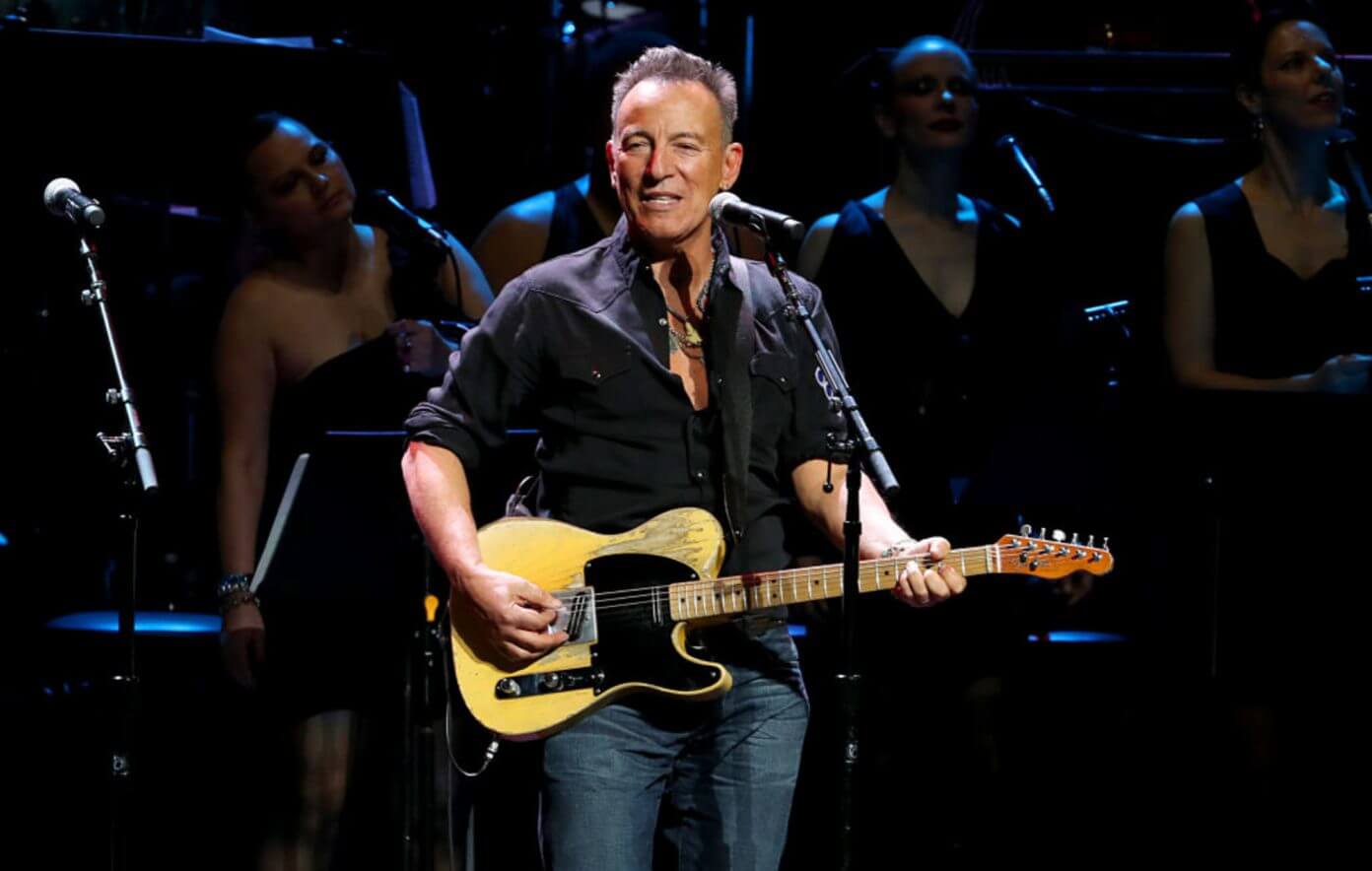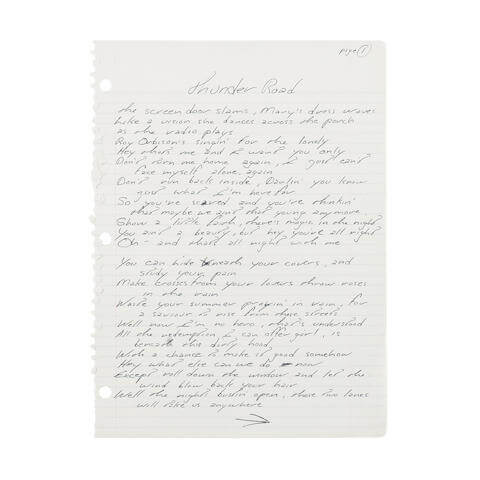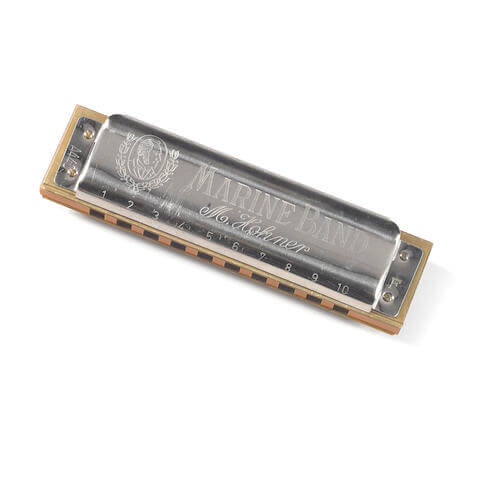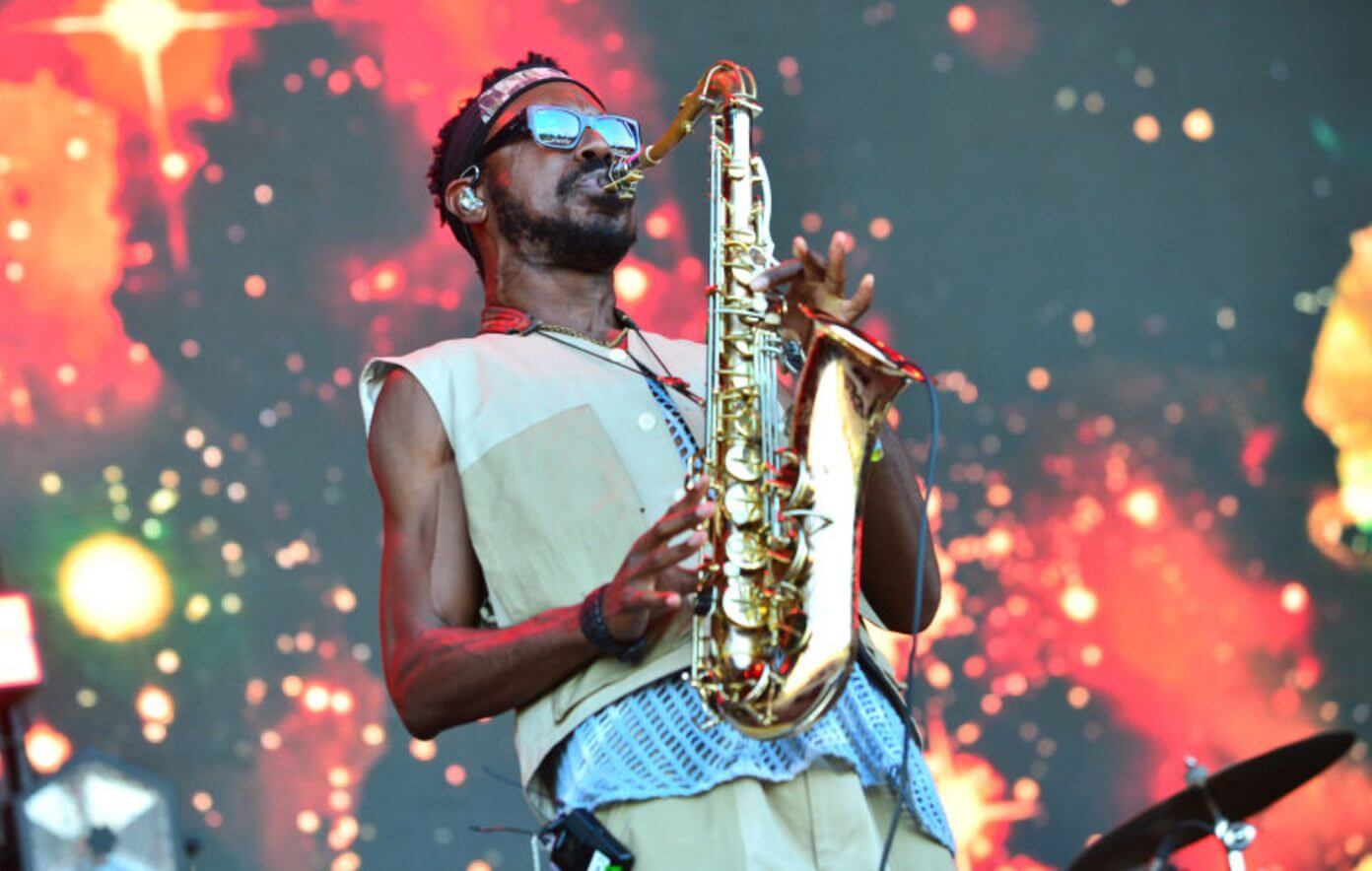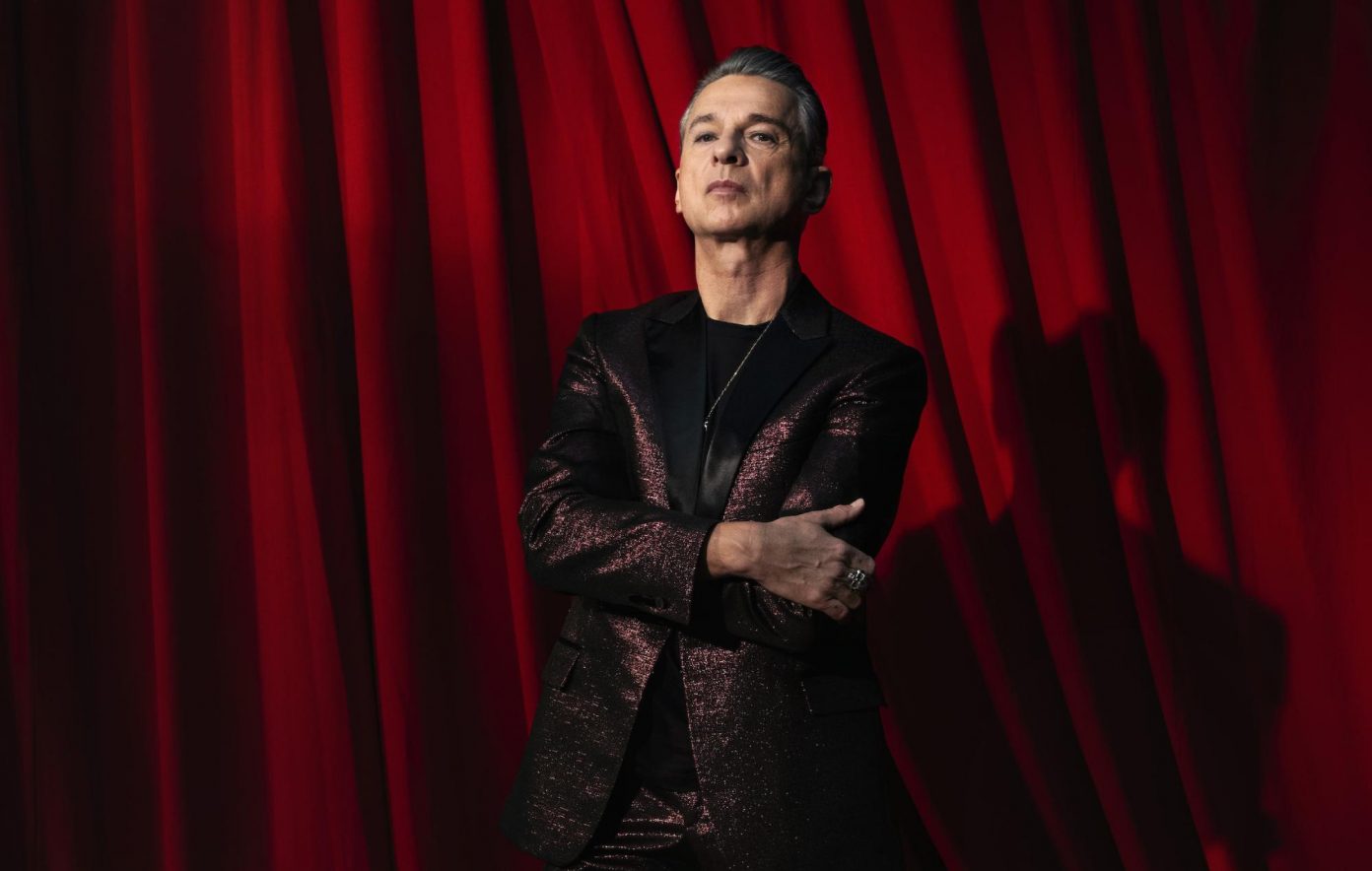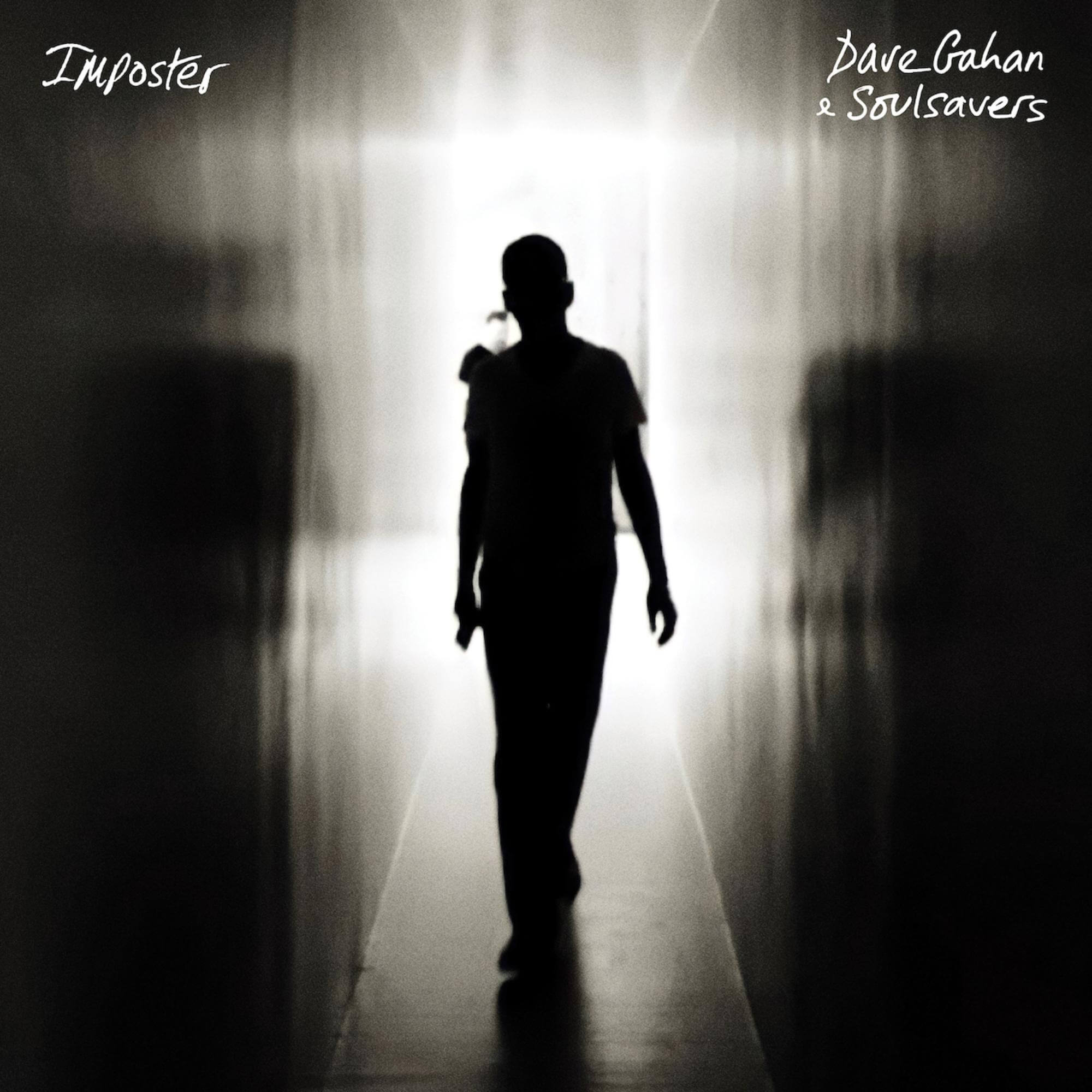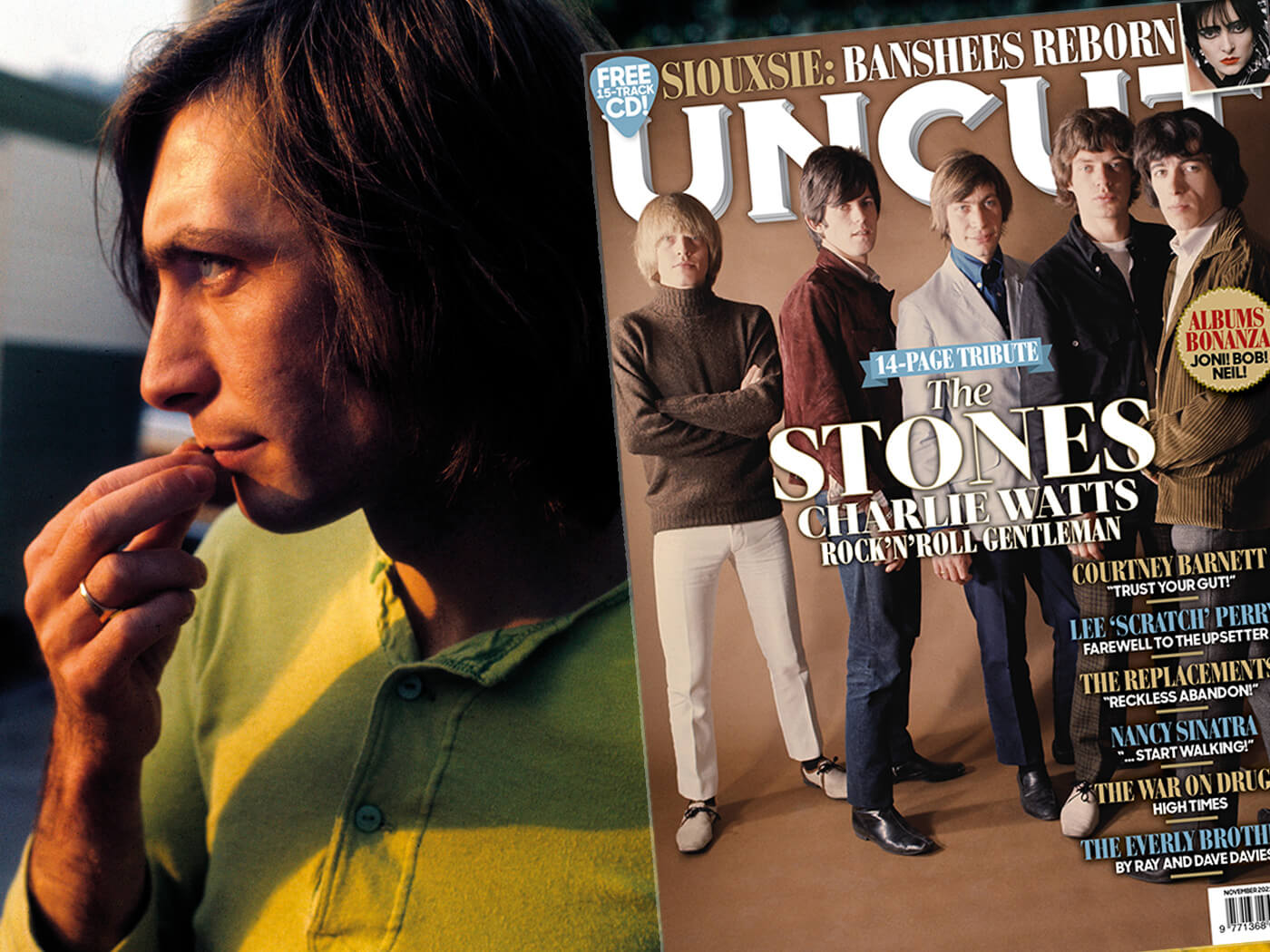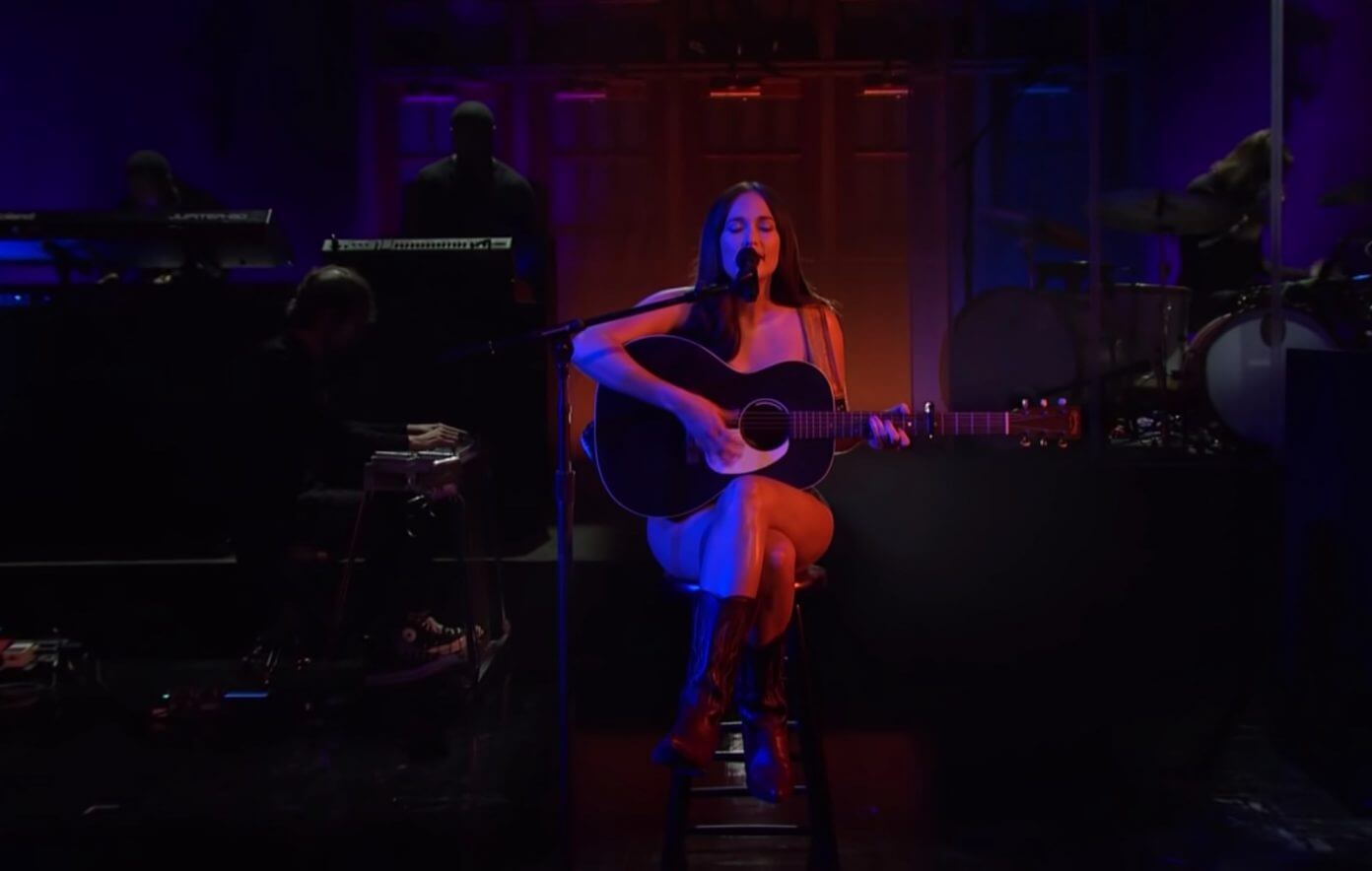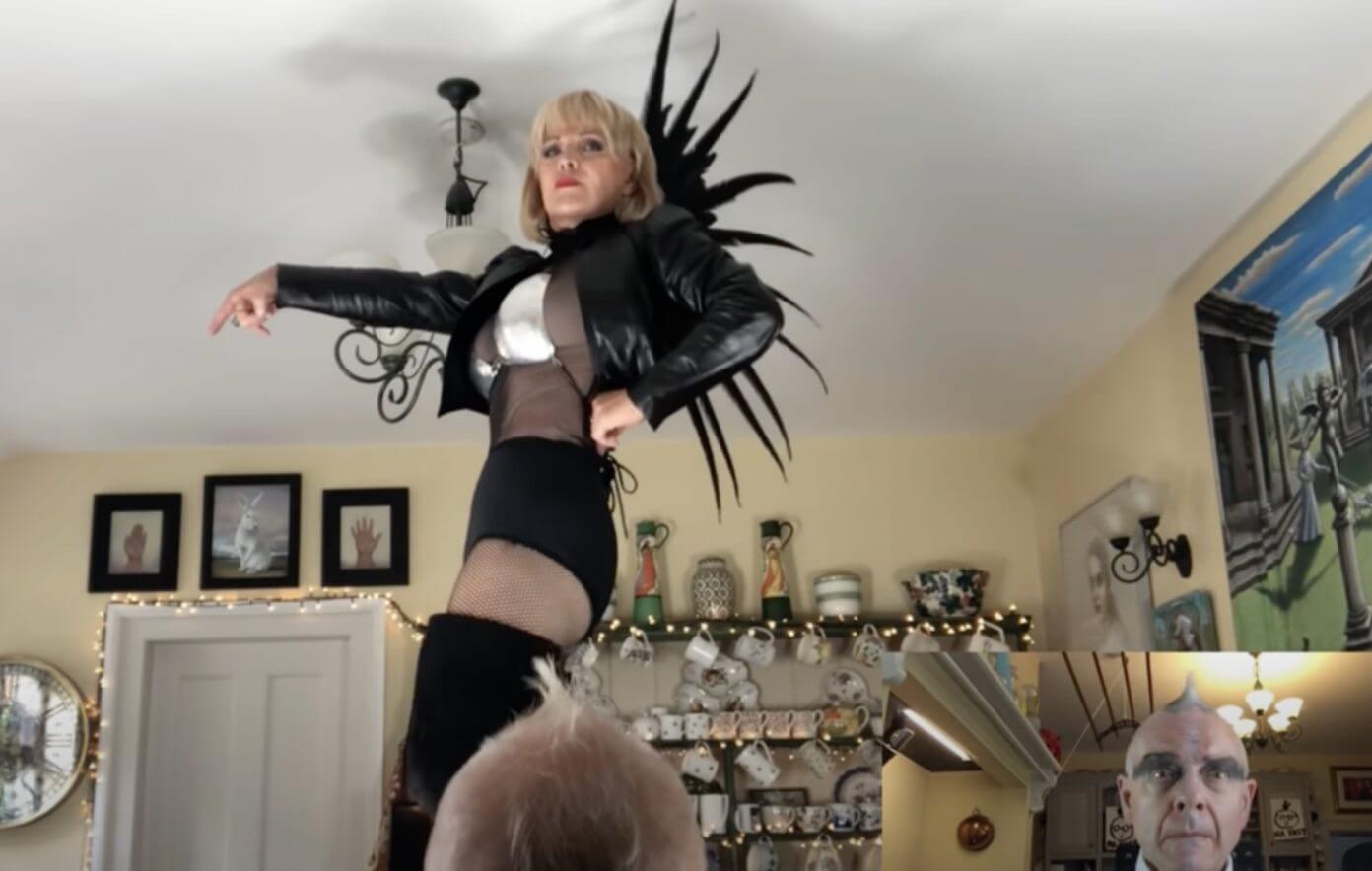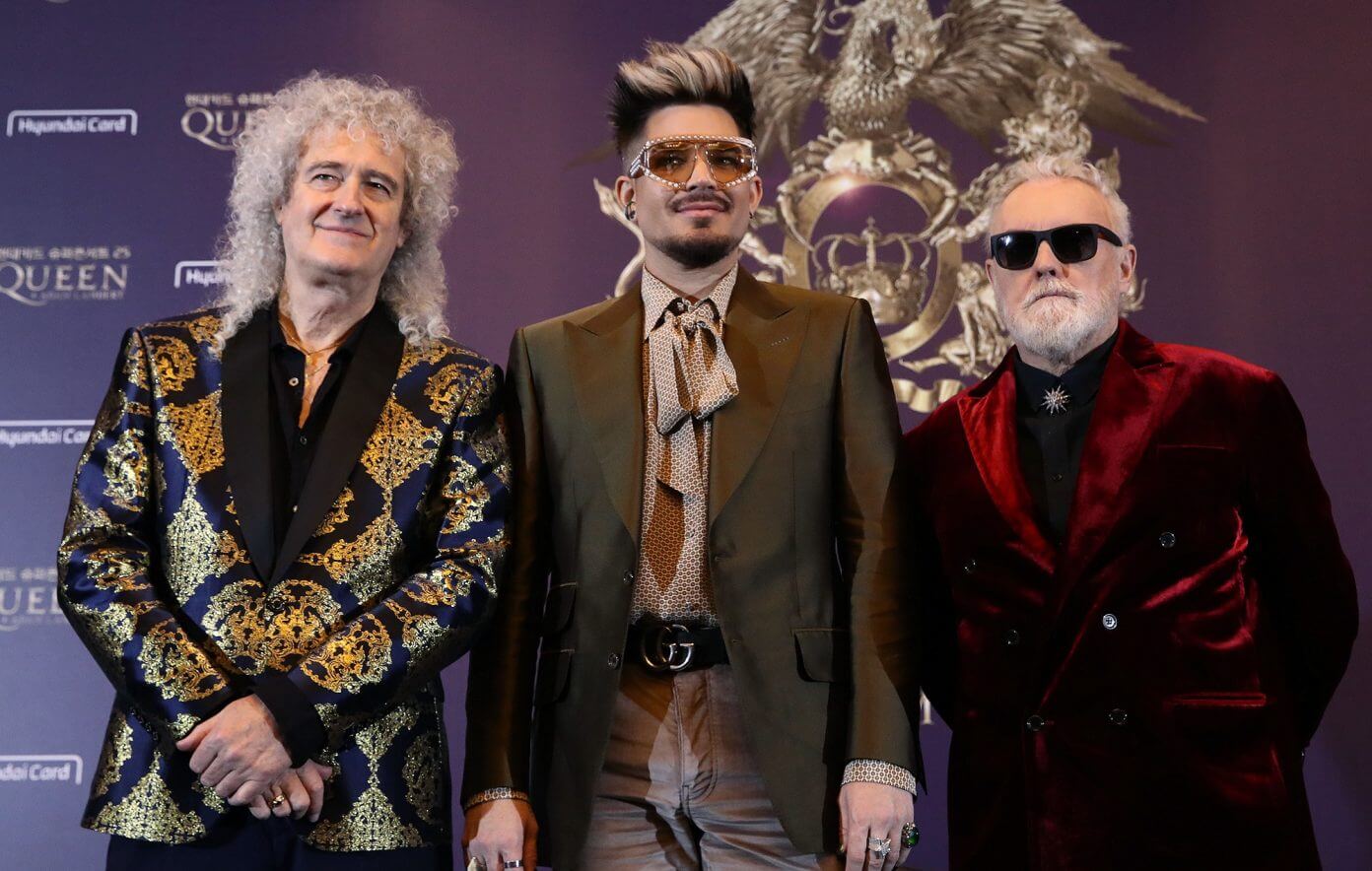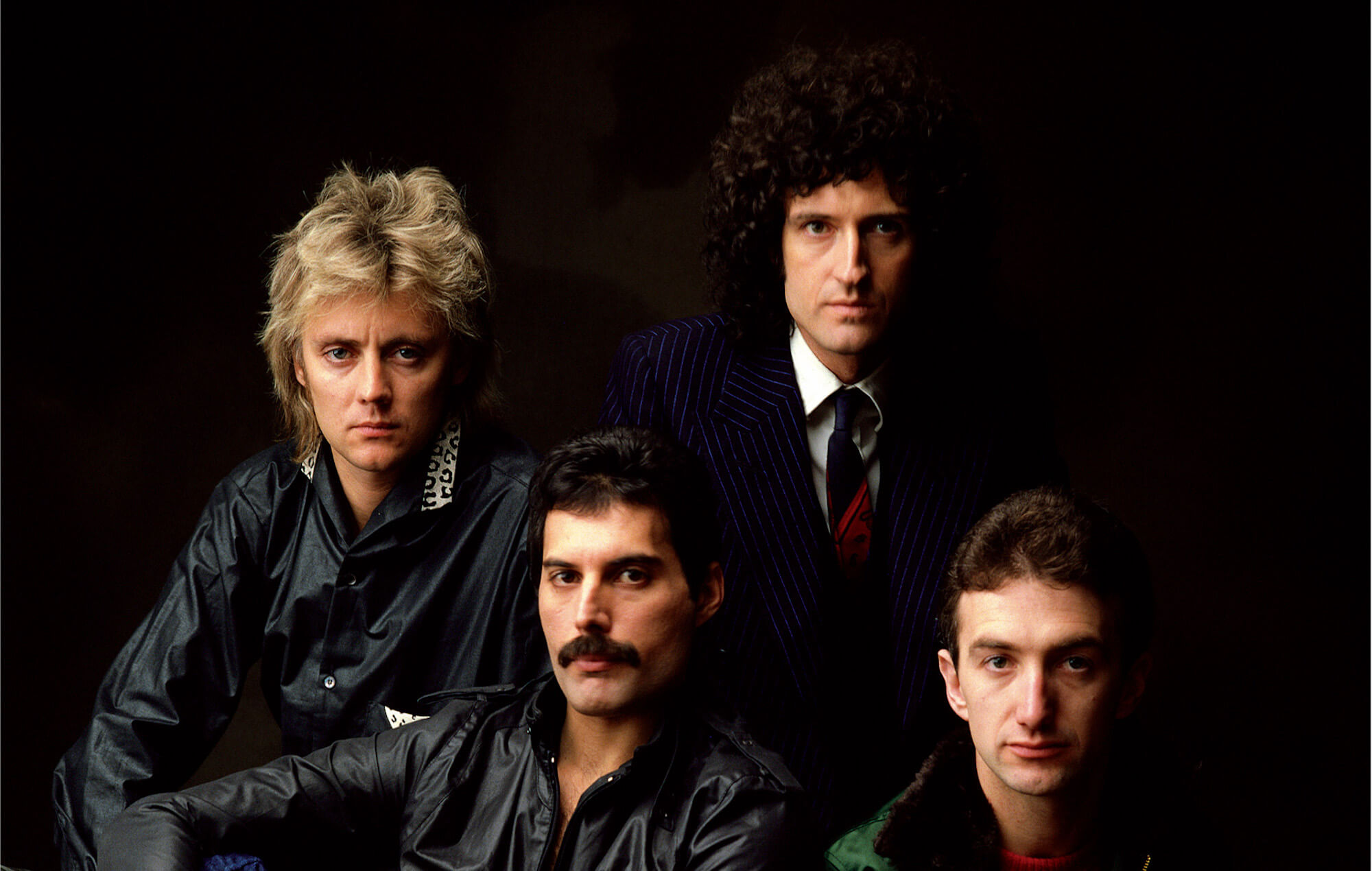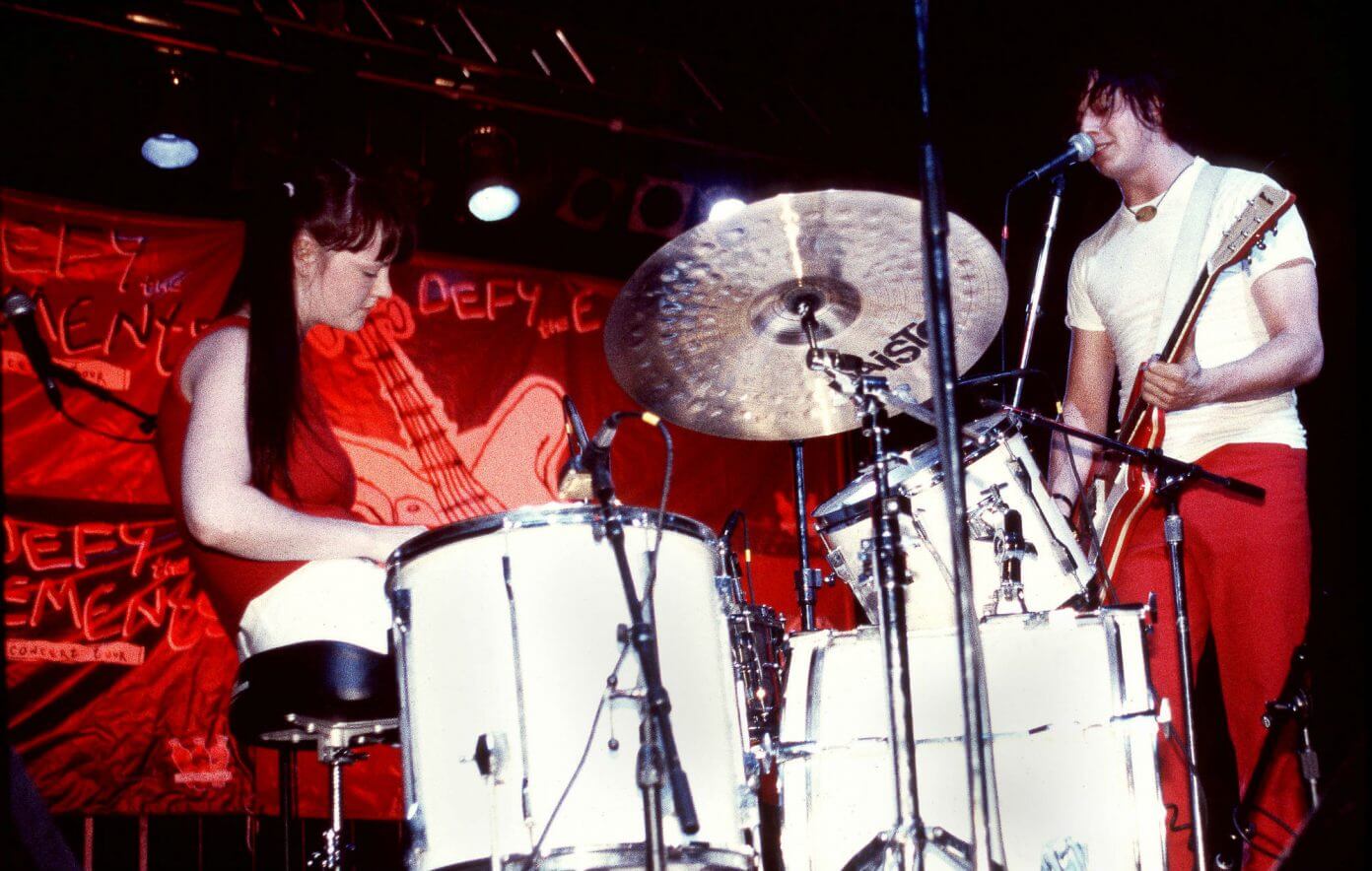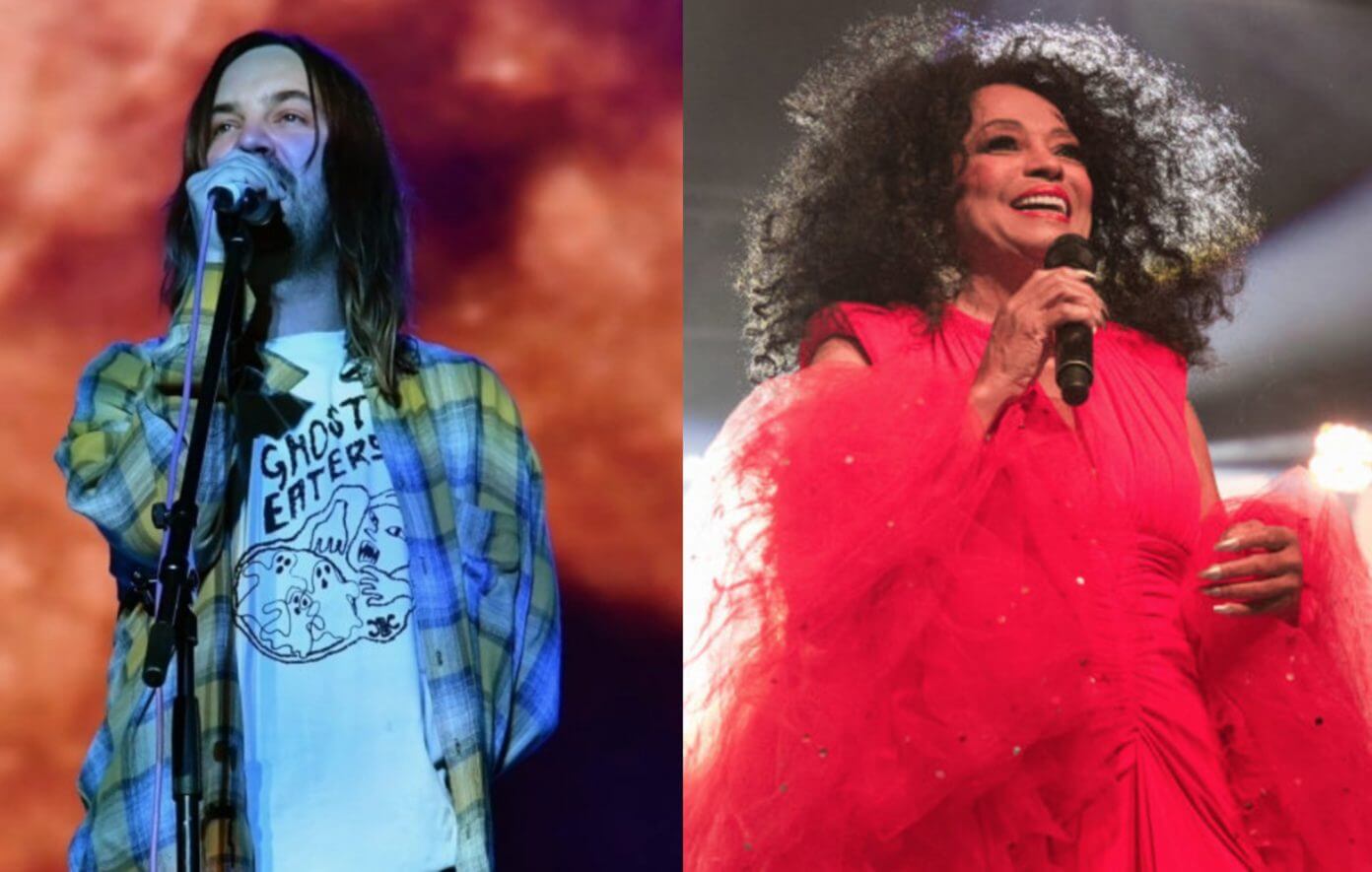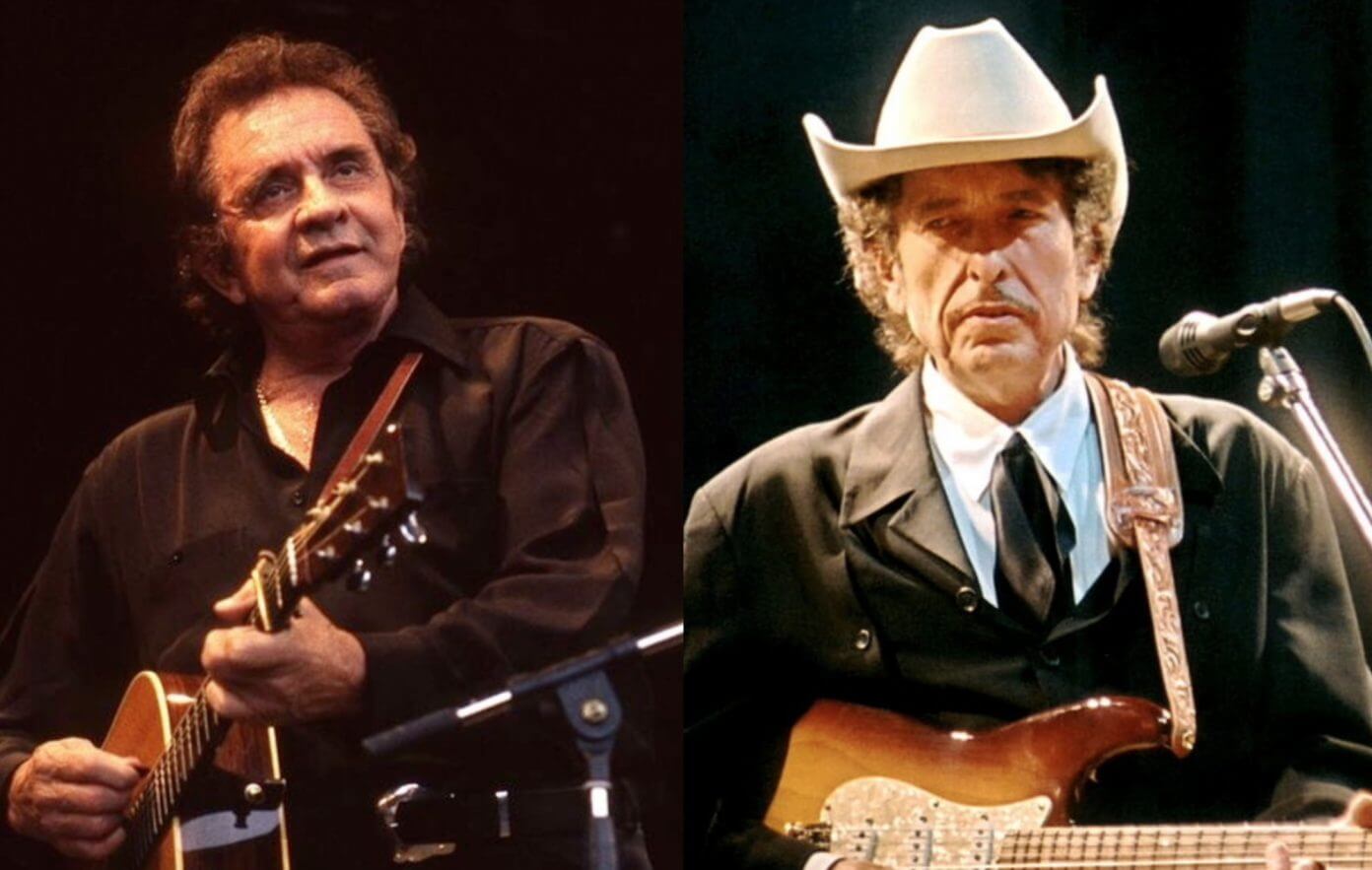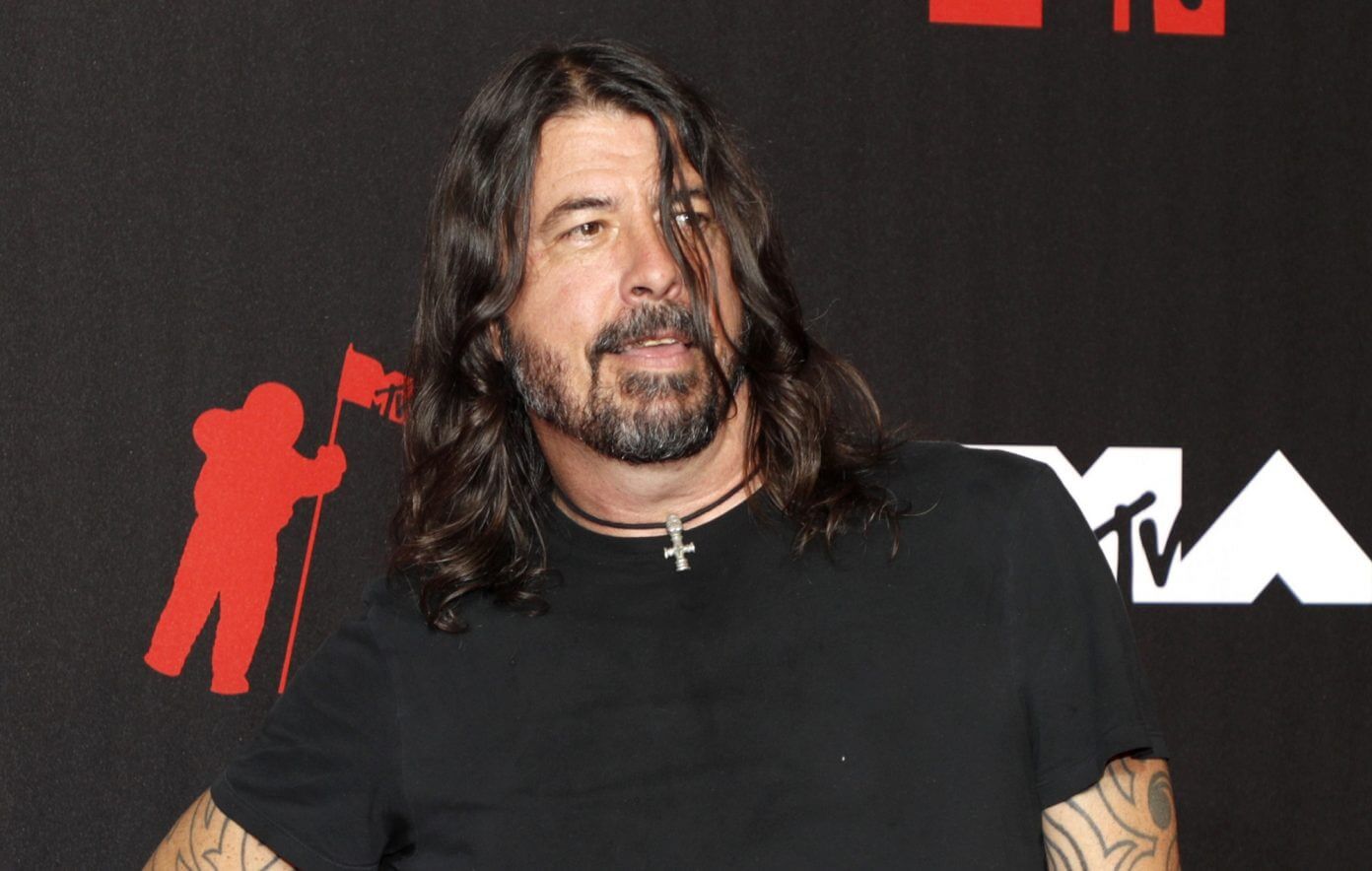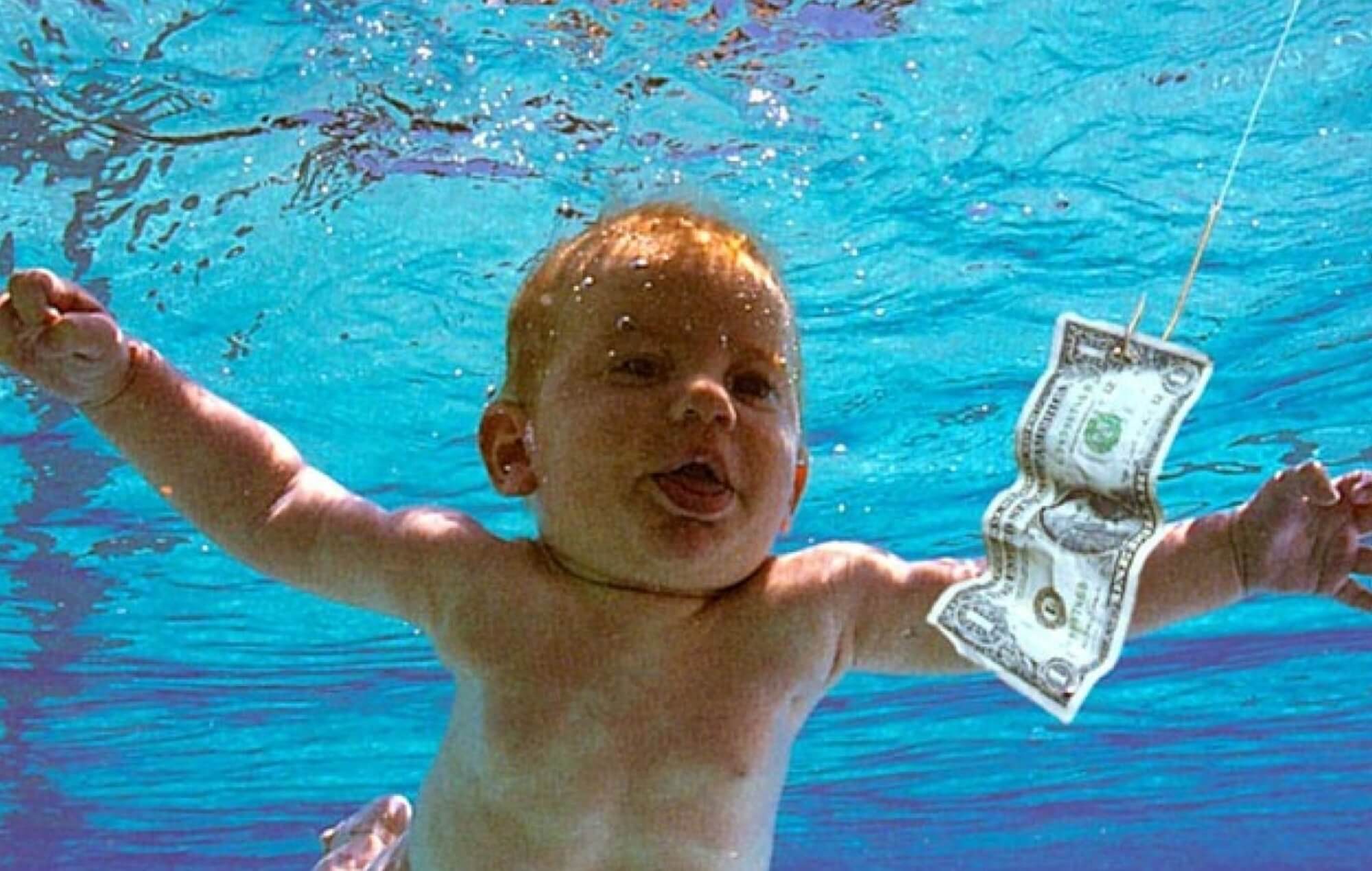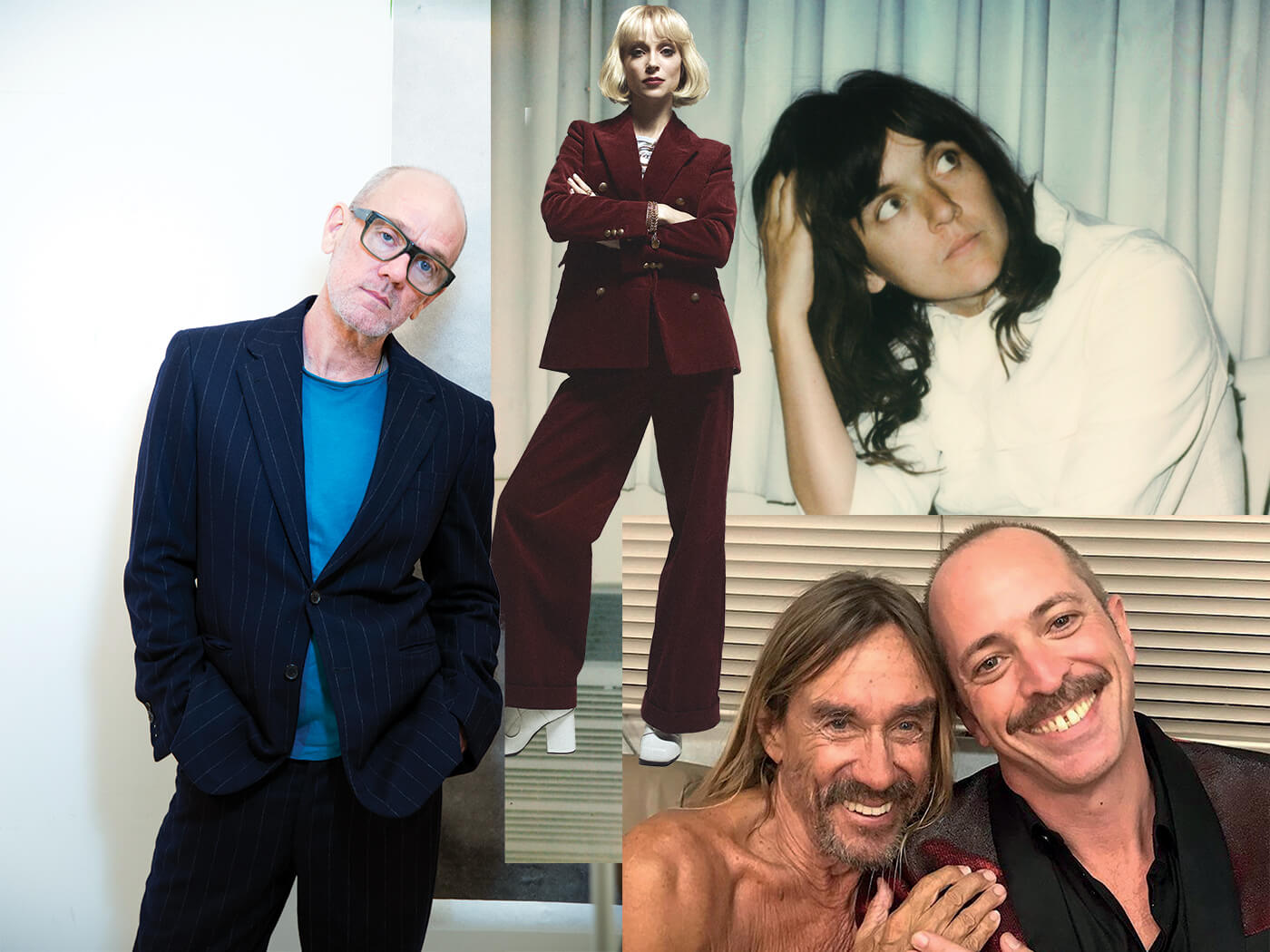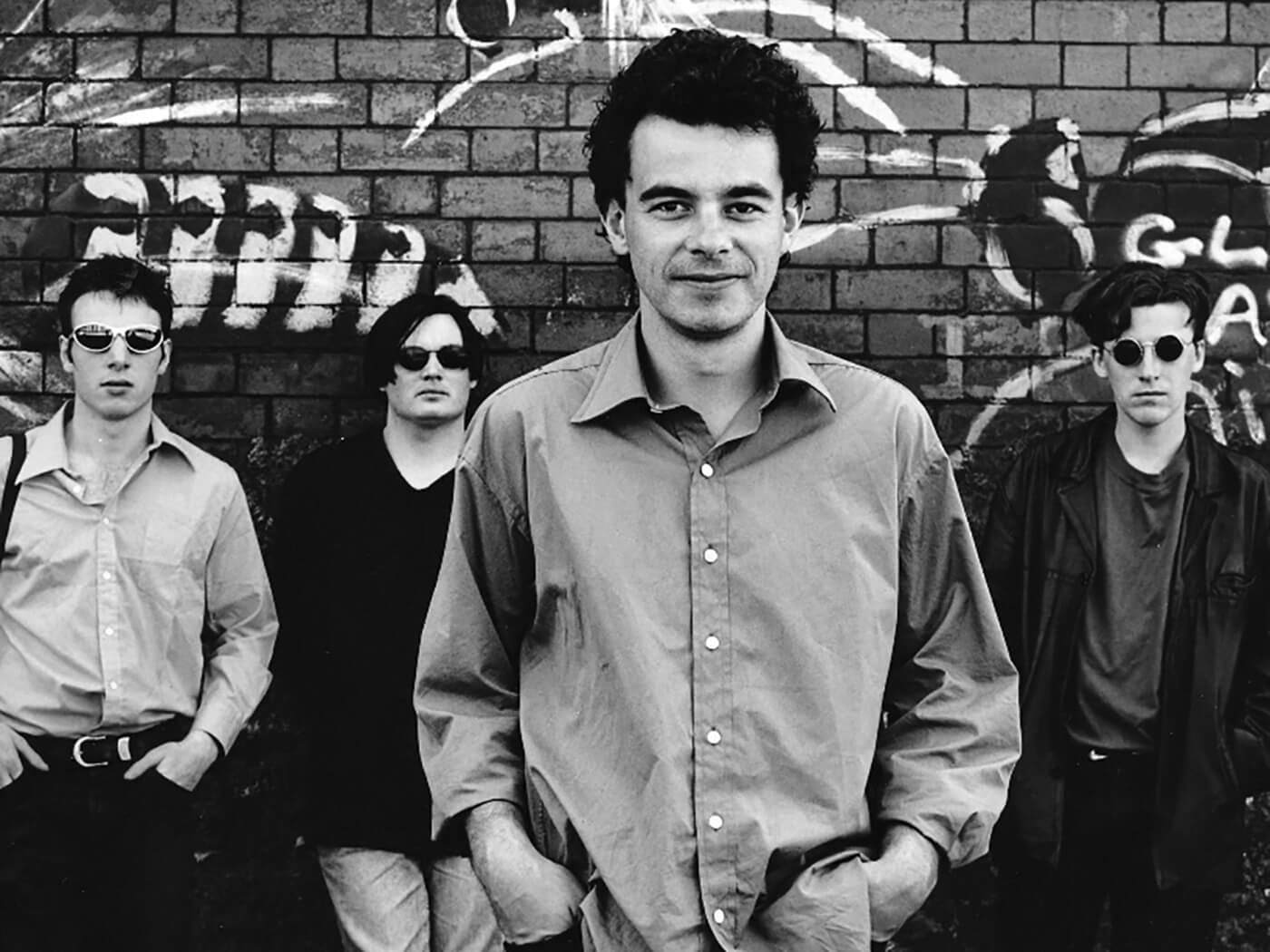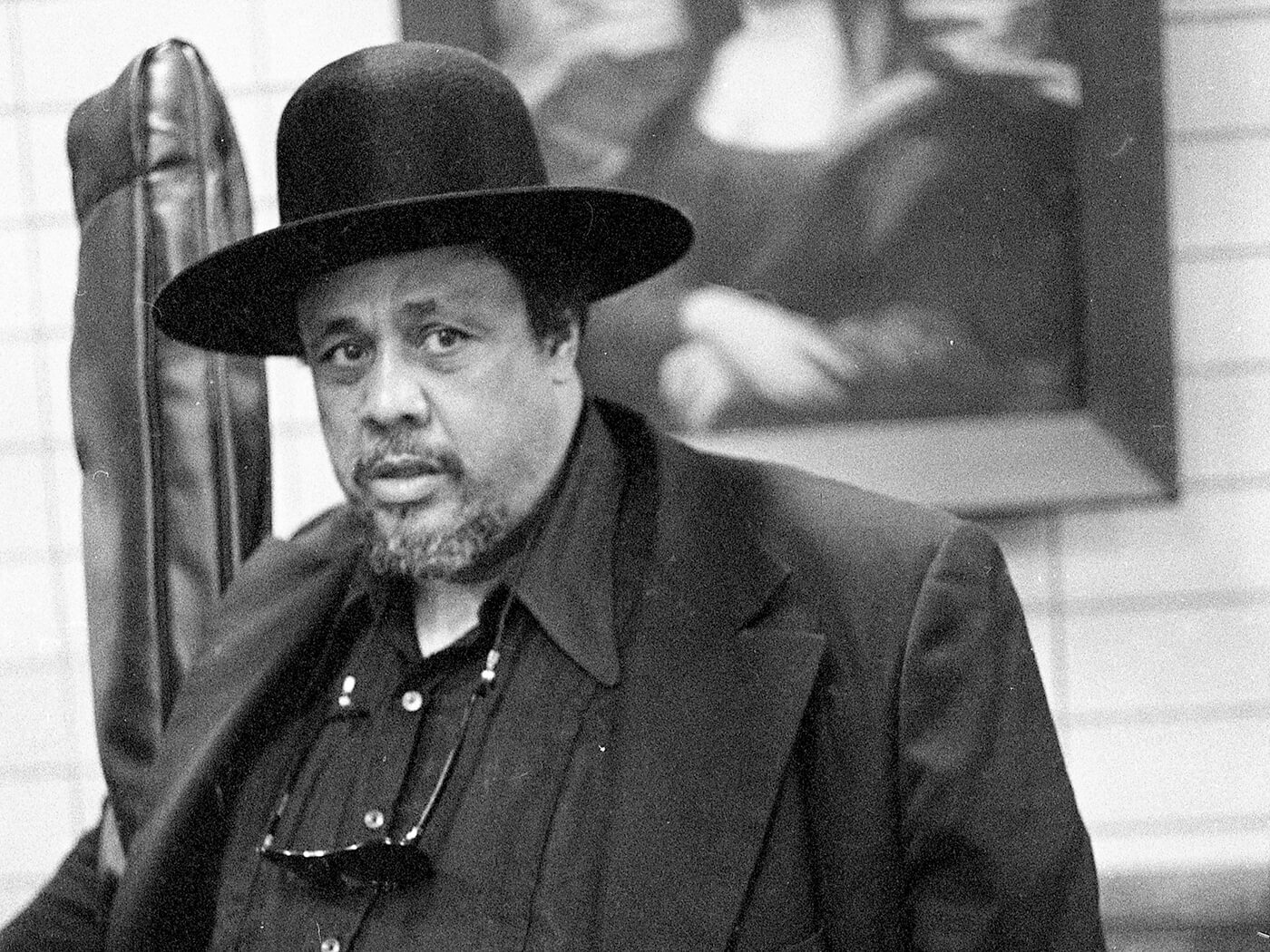For many years, Hal Willner co-ordinated the music sketches on revered US TV sketch show Saturday Night Live. At other times he could be found curating multi-cast tributes to the work of songwriters such as Leonard Cohen, Charles Mingus, Kurt Weill and Thelonious Monk. Or convincing The Replacements to sing Disney tunes. Or soundtracking Robert Altman films. Or producing albums for Marianne Faithfull, Laurie Anderson and Allen Ginsberg. His skill was in the art of combination – matching artists to other artists, or to specific songs, certain sounds to other sounds, or to situations.
One of the enduring musical partnerships of Willner’s life was with Lou Reed. The pair first collaborated in 1985, for Reed’s take on Weill’s September Song, and continued to his final four albums, and his RCA & Arista boxset in 2013; a relationship of understanding and focus, and great, attentive listening. Willner liked to describe himself as Reed’s Tonto.
It is fitting, then, that a tribute to The Velvet Underground & Nico should be Willner’s grand farewell as executive producer. I’ll Be Your Mirror is a reimagining of the Velvets’ self-titled 1967 debut in its entirety, the perfect showcase for the ludicrous extent of their influence, from Thomas Bartlett to Fontaines DC, King Princess to Kurt Vile. It is hard not to see Willner’s fingerprints across its 11 tracks: there in the pairings of Sharon Van Etten with Angel Olson, Iggy Pop with Matt Sweeney, Andrew Bird and Lucius, and in the terrific attention to sound and detail.
It begins with Michael Stipe’s stunning interpretation of Sunday Morning. Opening with clarinet rather than celesta, and lifted by flickering synths, the track ranges from lugubrious to regretful and back, Stipe’s voice seemingly cast in pale, early light. Beneath it runs a bassline that intriguingly owes more to Walk On The Wild Side than the song Stipe is covering.
It was the Village Voice critic Richard Goldstein who famously likened Nico’s voice to “a cello getting up in the morning”, and something similar could be said here of the beautifully crestfallen tone of Sharon Van Etten. On Femme Fatale it’s swaddled in strings and buffered by both Olson’s vibrato and distinctively Van Etten-ian piano chords. There’s a certain glee to some of these covers – Matt Berninger delivers a gloriously freewheeling I’m Waiting For The Man, sounding half-giddy to be allowed to touch the hem of this song’s garment. Similarly, it’s hard not to be swept up by Kurt Vile and the Violators scurrying exuberantly through Run Run Run. Meanwhile, Andrew Bird and Lucius suck the marrow of Venus In Furs: by turns gloweringly sinister then deeply rousing.
The tracks that fly highest here are in fact the least faithful, more subversive – St Vincent and Thomas Bartlett’s extravagant reimagining of All Tomorrow’s Parties calls to mind Laurie Anderson or Robert Ashley, a condensed avant-garde opera that moves from paranoia to celestial beauty.
Although Courtney Barnett’s version of I’ll Be Your Mirror lacks the twinkling wonder of the original, her more prosaic take allows us to find at the heart of the song a romantic simplicity that, for all the nihilistic trappings, the drugs, the deviancy and the whiplash, often powered Reed’s writing.
Later, Fontaines DC’s extraordinary version of The Black Angel’s Death Song is delivered as if sweaty-toothed and spoiling for violence, all gathering clouds and gathering rage, hisses and handclaps and scissors (yes, scissors) from Grian Chatten, the predatory curl of Conor Curley’s harmonium, Dan Carey’s impeccable production. It is a song reborn.
Whenever Willner talked about Reed, he spoke of the songwriter’s passion for life and for living. What is particularly affirming about this tribute album is that it is so astoundingly, writhingly, sometimes viciously alive; the songs of Reed, Cale, Tucker, Morrison and Nico not preserved in aspic but, thanks in no small part to Willner, given fresh breath, new blood.
Some years ago, Willner recalled how Reed’s highest musical compliment praised the sheer effort of a musician. Listening to records, he would turn to his Tonto and say, “Hal, you’ve got to listen to this! They’re really trying!” Perhaps, then, this is the greatest way to recommend I’ll Be Your Mirror: you’ve got to listen to this, because they are all really, really trying.


